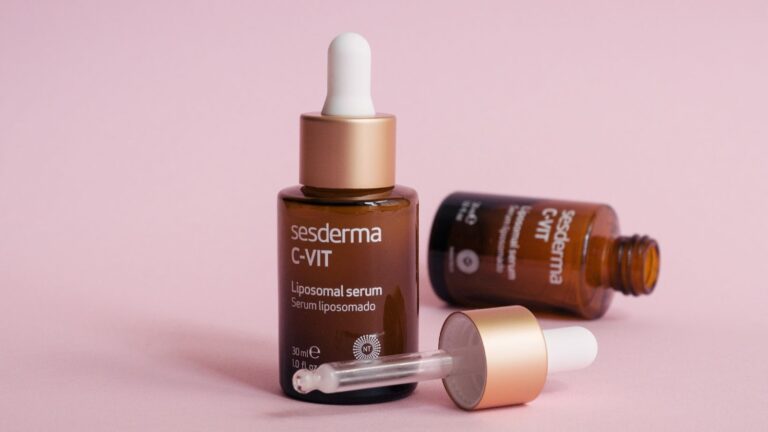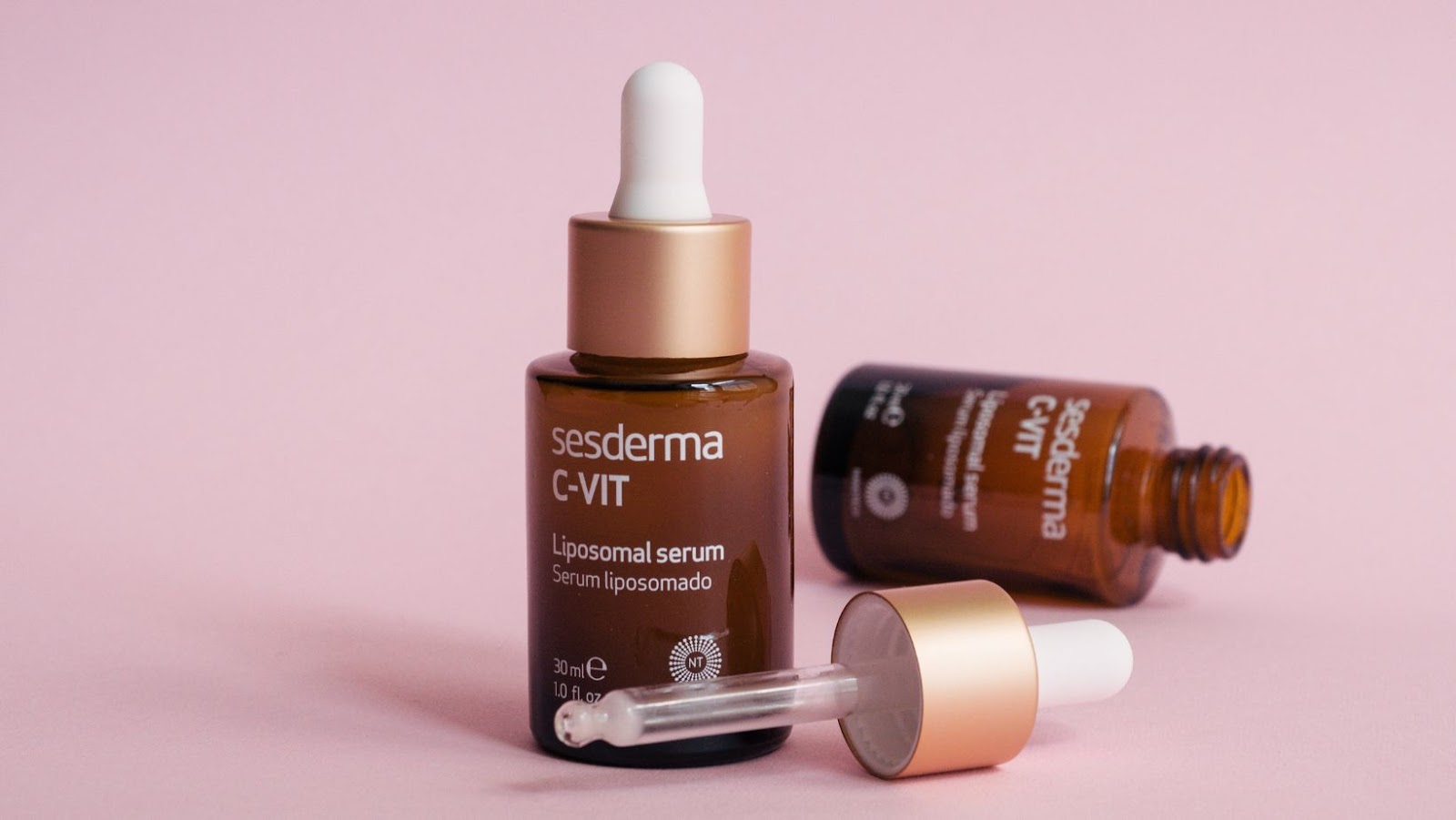Are you looking to switch up your skincare routine with a natural beauty elixir? Look no further than rosehip oil. This nourishing oil has become increasingly popular in the skincare community thanks to its numerous benefits, such as anti-aging properties, skin hydration, and reducing scars and hyperpigmentation.
But with any new skincare product, it can be difficult to know where to start. In this article, I’ll provide an easy-to-follow guide on how to incorporate rosehip oil into your skincare routine for maximum benefits. From choosing the right kind of rosehip oil to finding the perfect time to apply it, I’ll cover everything you need to know.
How to Incorporate Rosehip Oil in Skincare Routine
Rosehip oil has gained popularity in the skincare industry for its reported benefits for the skin. Here are some of the top benefits of using rosehip oil in your skincare routine:
- Anti-Aging Properties
Rosehip oil contains antioxidants that help protect the skin from damage caused by free radicals. Free radicals can accelerate the aging process by breaking down collagen and elastin in the skin leading to wrinkles, fine lines, and other signs of aging. Incorporating rosehip oil into your skincare routine may help slow down the aging process and improve the texture and appearance of your skin.
- Hydration
The essential fatty acids found in the rosehip oil help to nourish and hydrate the skin, leaving it soft, smooth, and glowing. This makes it an excellent choice for individuals who struggle with dry, flaky, or dull skin.
- Improves Skin Tone and Texture
Rosehip oil has been shown to help improve skin tone and texture due to its high content of vitamins A and C. These vitamins are essential for maintaining healthy skin by promoting skin cell turnover, increasing collagen production, and improving skin elasticity. Users have reported that their skin feels smoother and more radiant after consistent use. For additional skin support, an evening primrose oil supplement can also be beneficial, as it helps reduce inflammation and supports overall skin health.
- Helps to Reduce Hyperpigmentation
Hyperpigmentation, such as dark spots or melasma, can be a frustrating skin concern for many individuals. Rosehip oil has been studied for its ability to reduce the appearance of hyperpigmentation. Its anti-inflammatory properties may also help reduce redness associated with acne or other skin conditions.
Incorporating rosehip oil into your skincare routine is easy. Simply apply a few drops to your face after cleansing and toning, and massage gently until fully absorbed. You can also mix a few drops of rosehip oil into your favorite moisturizer for an added boost of hydration. Remember to patch-test any new skincare products before incorporating them into your routine.
In summary, using rosehip oil in your skincare routine can provide many benefits. Its anti-aging properties, hydration, ability to improve skin tone and texture, and ability to reduce hyperpigmentation make it a great choice for individuals looking to improve their overall skin health.
 How to Choose the Right Rosehip Oil for Your Skin
How to Choose the Right Rosehip Oil for Your Skin
When it comes to incorporating rosehip oil into your skincare routine, it’s important to choose the right product for your specific skin type and concerns. Here are a few key factors to consider when selecting a rosehip oil:
- Type of Rosehip Oil
There are different types of rosehip oil available, such as cold-pressed, CO2 extracted, and solvent-extracted. Cold-pressed rosehip oil is the most common and is extracted by pressing the seeds without the use of heat. CO2-extracted rosehip oil involves using carbon dioxide to extract the oil, which can result in a more potent product. Solvent-extracted rosehip oil, on the other hand, involves using chemicals to extract the oil and is generally considered the least desirable option.
When choosing a rosehip oil, look for a cold-pressed or CO2-extracted product to ensure that you’re getting the most benefits without any potentially harmful chemical residues.
- Quality
The quality of the rosehip oil you choose can also make a difference in its effectiveness. Look for a high-quality, organic oil to ensure that it’s free from pesticides, herbicides, and other potentially harmful chemicals.
- Skin Type
Consider your skin type when choosing a rosehip oil. If you have dry skin, look for a rich, nourishing oil that will help to hydrate and moisturize. If you have oily or acne-prone skin, look for a lightweight oil that won’t clog pores or exacerbate breakouts.
- Additional Ingredients
Some rosehip oils may also contain additional ingredients, such as vitamin E or other essential oils, to provide extra benefits for the skin. When choosing a product, look for those with additional ingredients that will address your specific skin concerns.
By taking these factors into account, you can choose a high-quality rosehip oil that will effectively benefit your skin. Incorporating rosehip oil into your skincare routine is a simple yet effective way to support healthy, glowing skin.
If you’re looking to incorporate rosehip oil into your skincare routine, there are a few simple steps to follow. Here’s how to do it:
- Cleanse your face. Before applying rosehip oil, make sure your face is clean and free from makeup, dirt, and impurities. Use a gentle cleanser to remove any buildup, and pat your skin dry with a soft towel.
- Apply the oil. Once your face is clean and dry, it’s time to apply the rosehip oil. Start with a small amount – one to two drops is usually enough – and warm it up in your hands. Then, gently massage it into your face and neck in upward circular motions.
- Let it absorb Rosehip oil absorbs quickly into the skin, but give it a minute or two to fully soak in before applying any other products.
- Moisturize After the rosehip oil has been absorbed, you can follow up with your usual moisturizer. This will help lock in the nourishing benefits of the oil and keep your skin hydrated throughout the day.
- Repeat as needed. For best results, incorporate rosehip oil into your skincare routine on a daily basis. Over time, you’ll notice smoother, more radiant skin that’s better protected against environmental stressors.
By following these steps, you can easily incorporate rosehip oil into your skincare routine and enjoy all of its amazing benefits for your skin.


 How to Choose the Right Rosehip Oil for Your Skin
How to Choose the Right Rosehip Oil for Your Skin